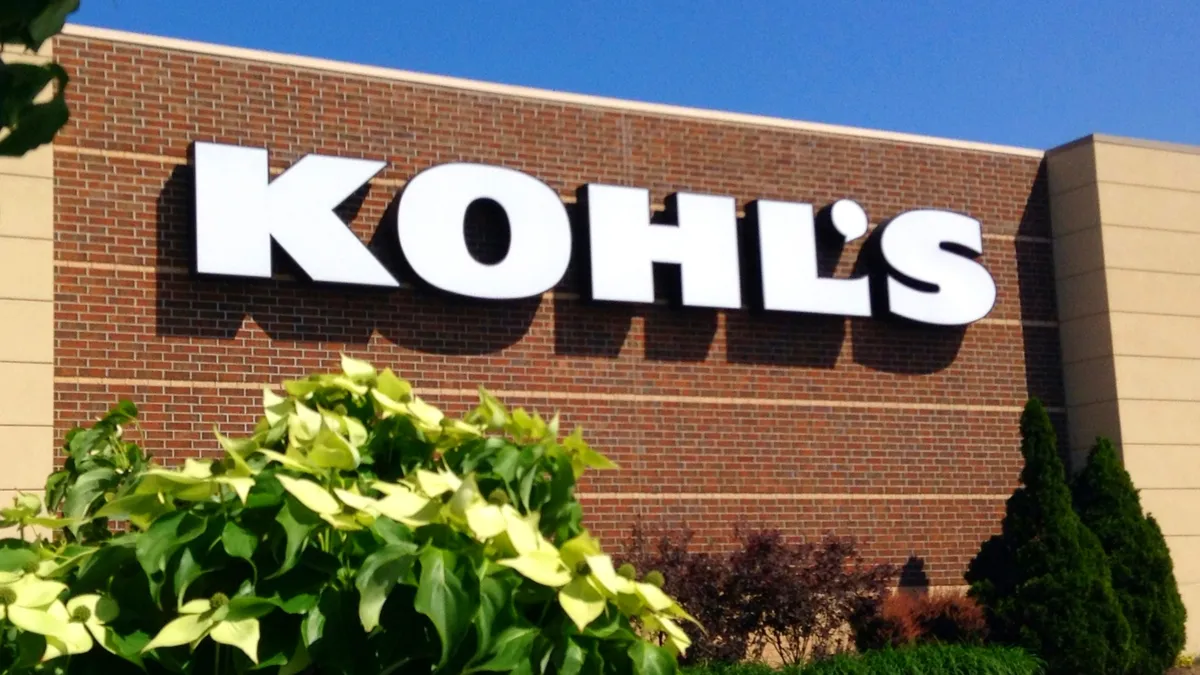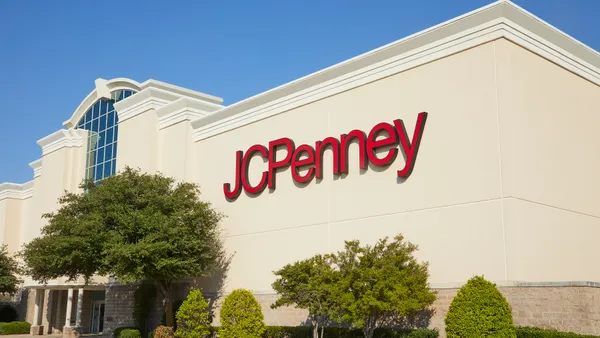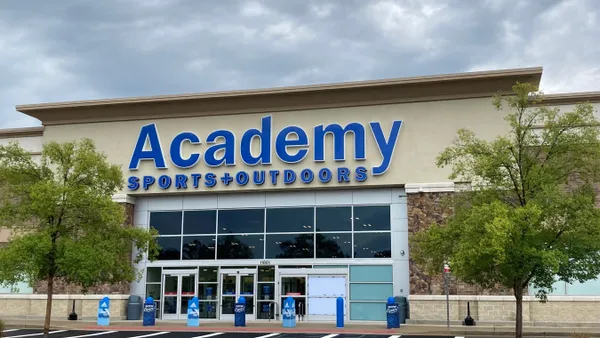Dive Brief:
- Coca-Cola's SKU rationalization work will extend from individual products to entire brands, CEO James Quincey said on the company's Tuesday earnings call. Simplification strategies put in place to handle the supply chain stresses of the coronavirus pandemic inspired the company to expand and accelerate the work of cutting down variety to improve operational execution, margins and sales.
- "At the outset of the pandemic, our goal was to ruthlessly prioritize core brands and SKUs to strengthen the resilience of our supply chain," Quincey said. "The learnings from the last several months and the insights from our already accelerated SKU rationalization has convinced us to go even deeper on this opportunity by streamlining brands." The CEO said Q2 would be the toughest for the company and the financial gain of reducing simplicity would come in later quarters. Net revenue was down 28% year over year in the quarter ending June 26 and operating margin was 27.7%, down from 29.9% in Q2 2019.
- In the first example of this new strategy, Coca-Cola will discontinue the Odwalla juice brand by the end of July, cutting 300 staff and 230 trucks from its refrigerated direct-store-delivery (DSD) operation.
Dive Insight:
Early in the pandemic, many CPGs reduced the number of SKUs they produced to more productively allocate precious and fluctuating supply and human resources. Coca-Cola did the same amid localized supply disruptions and transportation issues as lockdown orders came and went around the world.
Some of the brands that trimmed SKUs said the cuts may be permanent, even when normal business returns. According to Quincey, Coca-Cola is in that category.
"We are shifting to prioritizing fewer but bigger and stronger brands across various consumer needs. At the same time, we need to do a better job nurturing and growing smaller, more enduring propositions and exiting some zombie brands not just zombie SKUs," the CEO said.
Choosing which product lines to discontinue will be a matter of analyzing sales and the level of operational investment they require to grow. Coca-Cola has more than 400 brands, said Quincey, but half of those are single-country brands with "little to no scale" that make up just 2% of the company's revenue.
"They’re growing slower than the company average but each one still requires resources and investments. So, in the case of a brand like Odwalla and its chilled direct store delivery, which has struggled over the last several years, we started to stop operations effective [July 31]. This gives us the flexibility to support our investments in brands like Minute Maid and Simply and to continue to scale rising stars like Topo Chico," said Quincey.
The incentive to cut SKUs may go beyond internal operations too, as stores adjust to grocery shopping habits in a pandemic. Because consumers are eager to get in and out of stores faster, retailers are more focused on core, familiar SKUs, said Coca-Cola CFO John Murphy at the RBC Capital Markets Global Consumer & Retail conference in May.
"I think for us, there is an opportunity to look very closely at our supply chain to optimize it, and to become an even better partner for our retailers," Murphy said.














